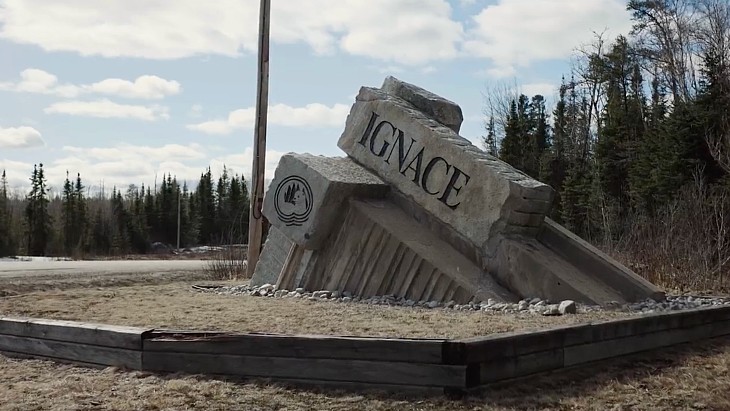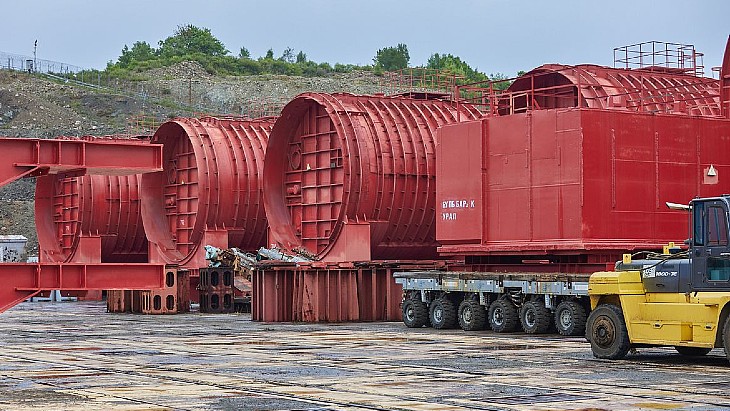Way clear for geological disposal planning, British regulators say
.jpg)
Government policies in England and Wales state that higher activity radioactive waste (HAW) will be managed in the long term through geological disposal, which is being progressed alongside ongoing interim storage of waste and supporting research. RWM is responsible for implementing government policy on geological disposal of HAW and for providing advice on managing radioactive waste. It is carrying out 'generic' preparatory work for a geological disposal facility, as no sites have yet been identified.
In a joint annual report published yesterday, the Office for Nuclear Regulation (ONR) and the Environment Agency said RWM has significantly improved its generic disposal system safety case and has taken their earlier advice into account in its preparation. RWM still has a significant amount of work to do to develop a comprehensive, site-specific safety case and many aspects can only be fully evaluated once a site has been selected and specific designs produced, they said.
As regulators for these wastes, they are working together to make sure that any future GDF will "meet the high standards for environmental protection, safety and security that the public expects". They have no regulatory role in selecting potential sites for a GDF, but offer support to communities that are considering hosting a GDF.
"We are engaging with RWM early, before regulation starts, so that when a site is identified RWM already clearly understands what it needs to do as part of the regulatory process," they say in their report. "Through our discussions with RWM we are satisfied that its approach to identifying and addressing new legislative requirements and its internal system for interpreting them are adequate. We are satisfied that RWM liaises with government and regulators to establish common understanding and manages any necessary changes through its change control process."
RWM has made significant progress towards addressing the need to protect groundwater resources and human health from the non-radioactive component of the inventory for disposal, and is providing the necessary advice to waste producers, according to the report.
"RWM and the wider nuclear industry now recognise that improving the information available on the non-radioactive contaminant inventory is a priority. As a result, the 2019 UK Radioactive Waste Inventory template now includes data fields for all significant contaminants of concern identified by RWM," it says.
The Environment Agency provided advice on RWM's generic programmes for surface-based site investigation and the regulators asked RWM to clarify several areas relating to its proposals, associated with the link between land-use planning and environmental permitting.
During 2018 to 2019, the Department for Business, Energy & Industrial Strategy (BEIS) consulted on a draft National Policy Statement for geological disposal infrastructure and a draft Working with Communities policy for England. Also, RWM consulted on its proposals for evaluating sites in England and Wales. The Environment Agency attended stakeholder events, associated with these consultations, to answer questions on its role as an environmental regulator and statutory ‘consultee’, and it also responded to the consultations.
ONR continued to work with BEIS on the legislative changes needed around the disposal of radioactive waste. The result will be that a nuclear site licence must be in force before any work to build a future GDF starts.
_17992.jpg)
_75800.jpg)








_88592.jpg)

